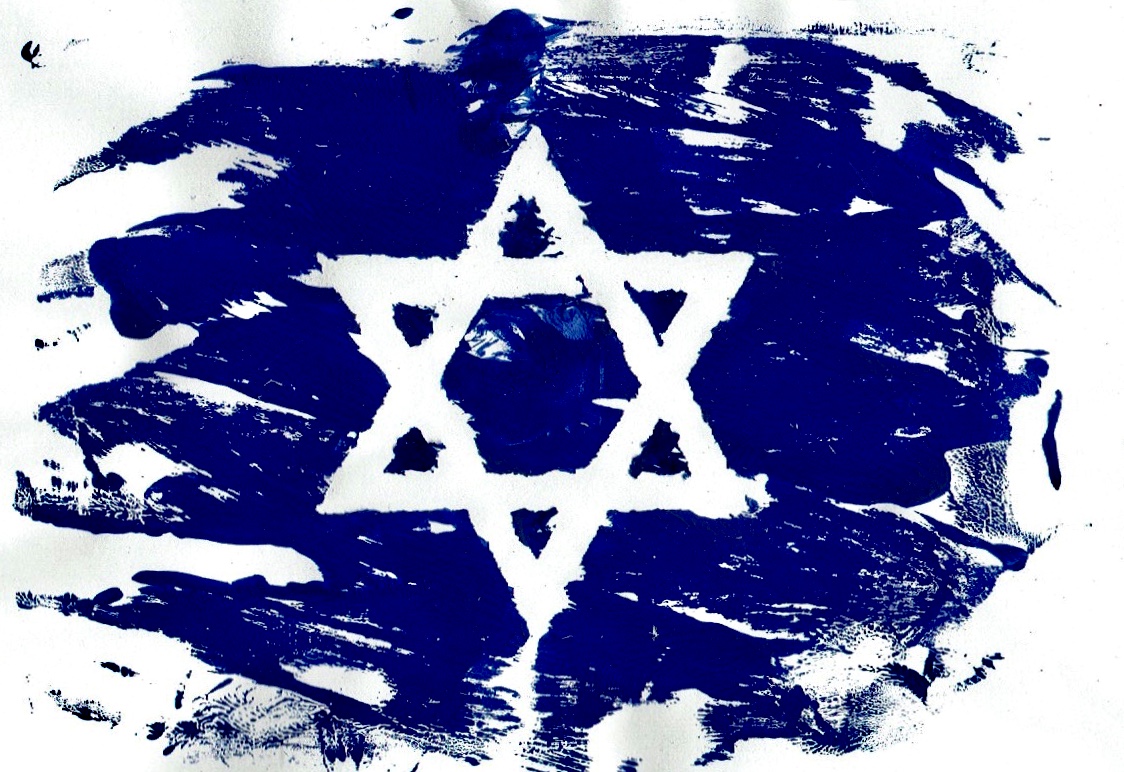The first thing to know about Irish Jews is just how few of us there are. There are only about 2500 Jews in the entire country, and the community here in Trinity is reflectively small. We are currently the only university in Ireland, including the North, that has enough Jews for a dedicated society.
Judaism is largely focused on community, so for a lot of Jewish students Trinity can feel isolating. This is especially true for students, often on exchange programs, who come here from places with bigger Jewish communities and populations. That’s why, despite its small size, the Jewish Society provides an invaluable service to Jewish students. If nothing else, it provides a solution to the daunting task of tracking down the small number of other Jews from among the sprawling student body. Having a network here to help and support, as well as to celebrate our holidays, means a great deal to the Jewish students studying at Trinity.
The importance of this support network becomes apparent at times of fear. On last year’s Yom Kippur, a gunman in Germany attempted to force entry into a full Synagogue with the intention of killing Jews. Our Yom Kippur dinner that evening became a vital safe space for Jewish students, many of them living away from their own communities, to come together in a mutually supportive environment.
“For many people, you will be the first Jewish person they’ve encountered.”
We have never found any intentional obstructions from College in regards to accommodation. If there is one issue it is that we lack a space of our own. The Chaplaincy very graciously lends us their room each Friday for our Shabbat service. While we deeply appreciate this gesture, a room on campus – even one shared with one or two other minority student groups – is a goal I would like to see realised.
The small size of the Irish Jewish community has other effects. For many people, you will be the first Jewish person they have encountered. Personally, this is a fun opportunity, since I love introducing people to my favourite elements of Jewish culture: challah and klezmer and some of our holidays (“that’s the most badass thing I’ve ever heard,” was one enthusiastic reaction to the story of Purim). Simultaneously, however, it can be challenging. People you just met ask your opinion on the conflict between Israel and Palestine, or the UK Labour Party’s issues with antisemitism. Setting aside the complexities, these are politically charged issues in which people are emotionally invested, so you have to think carefully about the response. You carry a responsibility for shaping their perceptions of the issues, and you are also acting as an ambassador for their perception of Jews and Judaism. Even as a politically engaged person, open to these conversations, I find myself reminding people that there is no singular Jewish viewpoint (two Jews, three opinions, as they say), and that I’m an individual with my own perspectives and experiences.
All Jewish people are aware that individuals within a community have power to shape the public’s perception of that community, and of Jews in general. In Yiddish, we have this word, ‘shanda.’ Literally, it means shame or embarrassment, but, more specifically, a person’s words or actions are, or cause, a ‘shanda’ when they present an unwanted image of us to the gentile (non-Jewish) public. Once, I appeared on the Echo Chamber Podcast to talk about antisemitism, which received a decidedly mixed response from Irish Jews; some asked what right I had to assert myself as their representative. I responded that I had made no claims of representing them, only myself, but I also knew that what we do as individuals will inevitably reflect on the whole community.
“I’ve repeatedly been personally used as evidence of conspiracies […] giving me cause to worry about friends and associates receiving harassment because of me.”
This doesn’t mean that I assume responsibility for what people think of Jews. As one of the few visible Jews on campus, I often receive the transmutations of people’s perceptions of us. I’m well aware that there is usually little I can do about preconceived notions. This is especially true when it comes to antisemitic conspiracies that are, unfortunately, increasingly common. They’re inherently ridiculous, but Irish antisemites face the added challenge of a lack of Jews to provide even the scant “proof” that usually fuels internet conspiracies. The result is that I’ve repeatedly been personally used as evidence of conspiracies. I’ve seen my association with activist groups or causes taken as evidence of a “secretive Jewish cabal”, giving me cause to worry about friends and associates receiving harassment because of me. A recent example is my attendance at a Jewish conference in New York, which was spun out into an insane conspiracy about so-called ‘zionist globalists’ secretly controlling groups I’m involved with here in Ireland. My usual response is to try to find both humour and opportunities for education in the malicious ways antisemitism operates.
Being an Irish Jew, and especially an Irish Jew studying at Trinity, is an identity imbued with a myriad of complexities and challenges. I wouldn’t want to be anything else, and I’m delighted to have shared a taste of it with you. As always, shalom.






